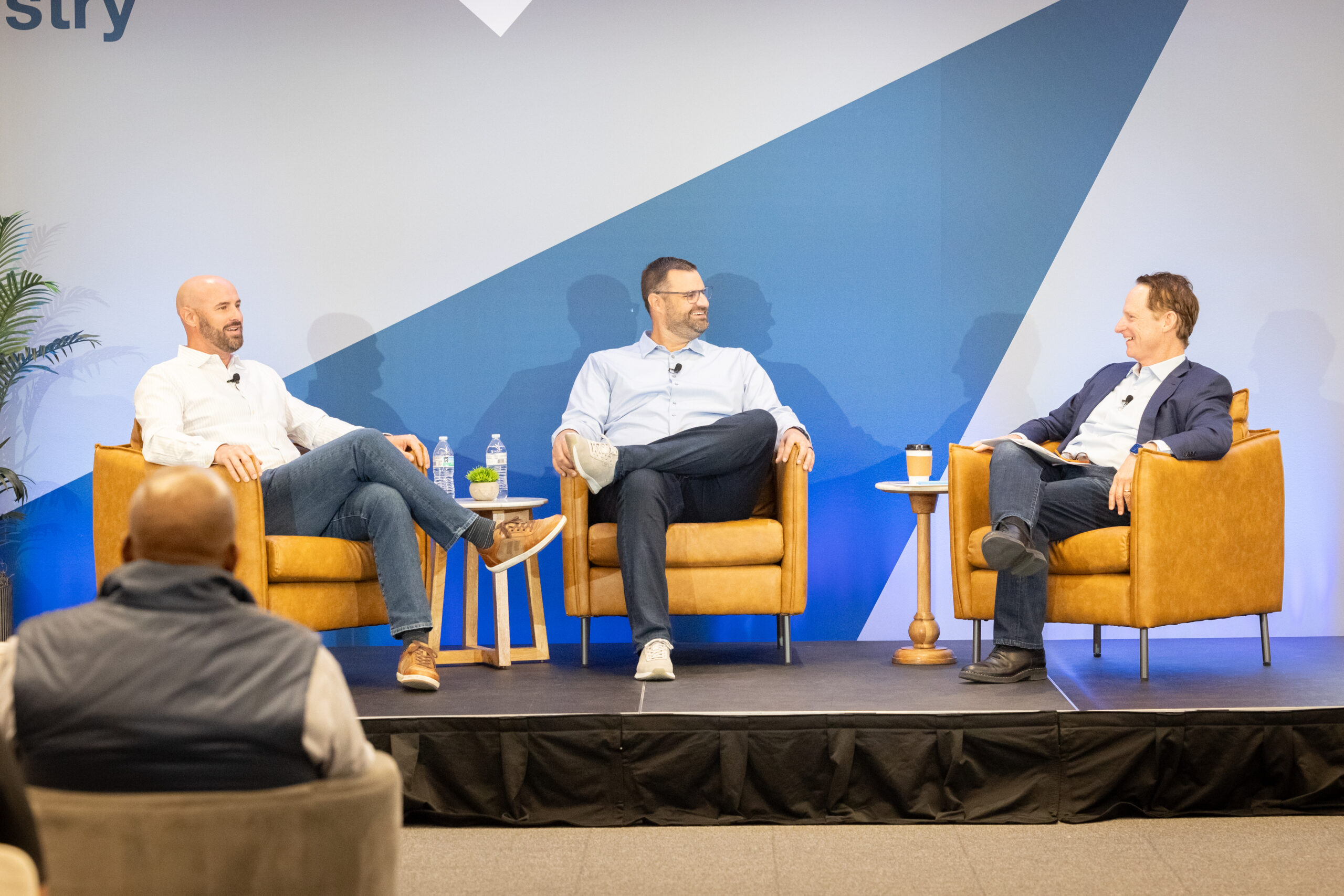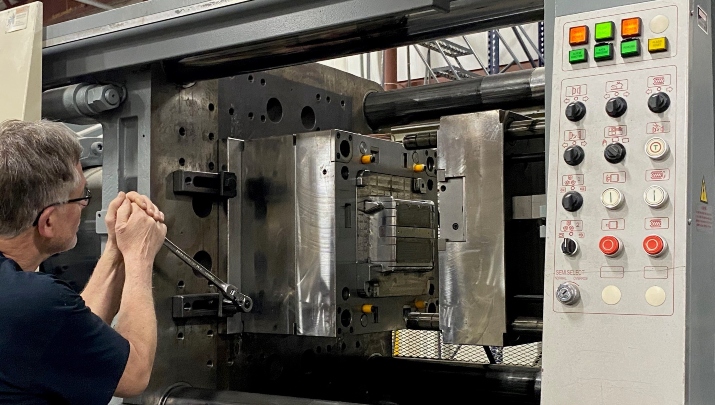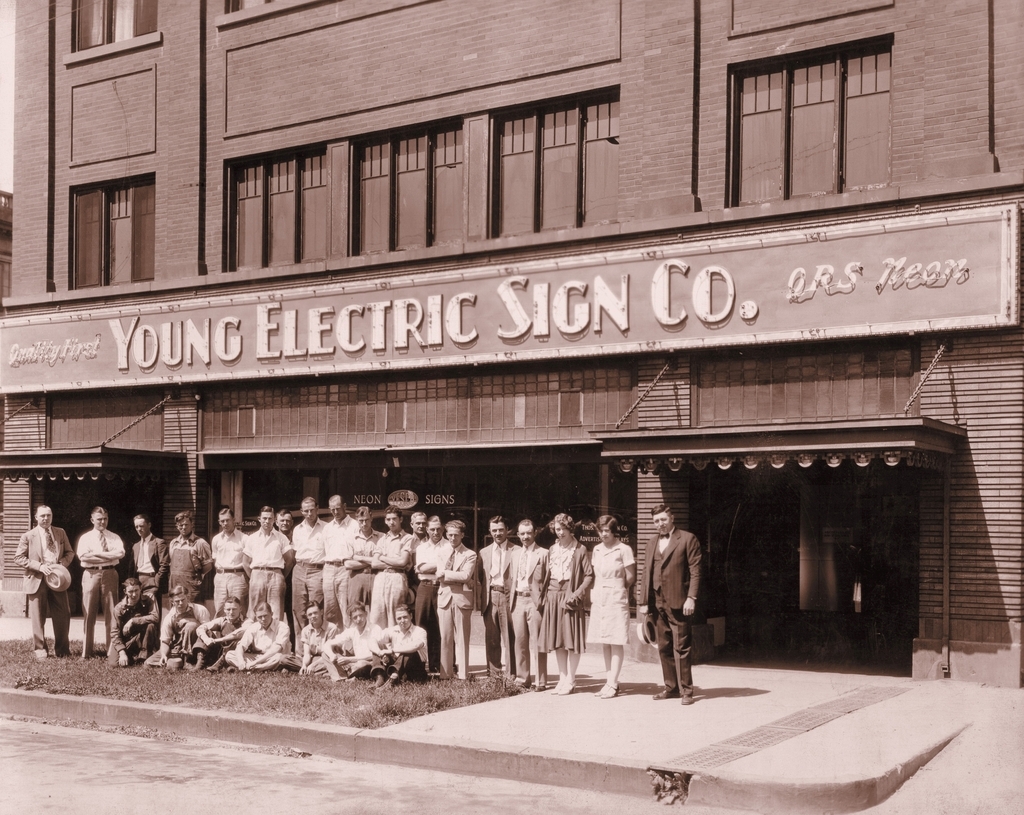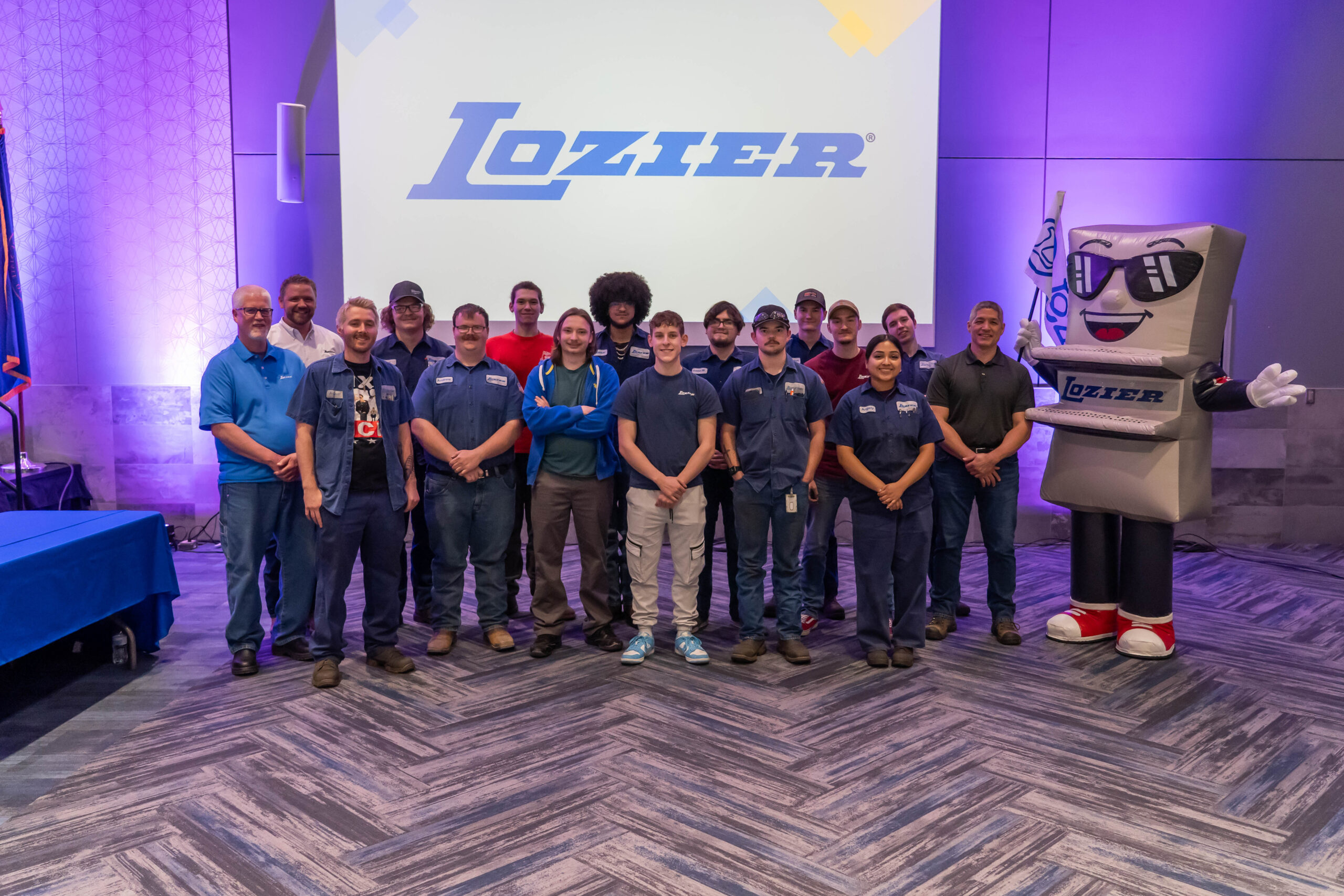

What Operating In A War Zone Taught Me About Putting People First
- Jessica Rovello
- Arkadium
Entrepreneurs know they need grit to persevere through tough times. But nothing could have prepared me, or my entire company, for the perseverance we would need to show when two-thirds of our staff was suddenly engulfed in war zone.
My husband, Kenny Rosenblatt, and I started our gaming company, Arkadium, in 2001 in New York City. We were two determined 25-year-olds, hungry to trade our cushy six-figure salaries for the risks of entrepreneurship. It was a low time for our industry — the bubble had just burst, and I was looked at like a lunatic when I announced that I was going to start a tech company with my (then) boyfriend.
One marriage, three kids and over a decade later, we found ourselves with a multimillion-dollar business. Kenny serves as Arkadium’s president and I am the chief executive. We are known for successful Web and mobile games like Mahjongg Dimensions, Twisty Hollow and Imago. That solitaire game that came preinstalled on your PC that you use to unwind at the end of the day? That’s us.
In addition to our headquarters in New York City, we also had a fully staffed office in Simferopol, in the Crimean Peninsula of Ukraine. We spent close to 10 years growing that office, building relationships and investing in our future there. We even bought an apartment and spent the summers there with our kids. By 2014, our office in Ukraine had grown to over 100 people. Then the war started.
Suddenly an area of the world no one had heard of was front-page news. Tanks rolled through the town square and armed men roamed the streets, putting tremendous stress on our employees as they weighed the safety of leaving their families every day to come to work.
That December, the Obama administration declared sanctions on any U.S. company doing business in Crimea. The penalty was 25 years in prison and a $250,000 fine. Suddenly, in addition to worrying about the safety of our staff in Simferopol — a city we considered a second home — we were worried about the future of our business.
It might seem like this would have been a good time to cut our losses and start fresh with new employees in a safer part of the world, but that never occurred to us. My husband and I had built our company by hand, and our Ukrainian employees are no different to us than our New York staff. Abandoning them was out of the question.
As an Evergreen CEO, I focus my energy on culture and people over making myself a billionaire. I know that by following this path, success is not only inevitable but that it will be truly gratifying.
So instead of folding the Ukraine office, we talked to our employees to find out what they wanted.
While some members of that team wanted to stay because of personal obligations, others were ready to leave and trusted us to do the right thing as we helped them find ways to relocate and pick up the pieces of our business. Ultimately we moved 55 people — and their families — to mainland Russia and opened a new office near Sochi, where our employees were safe and we were no longer subject to U.S. sanctions.
These events, and the decisions we had to make, were extreme. But remarkably, and against all odds, Arkadium is thriving once again. With nearly half our staff gone, we dramatically scaled down our efforts in mobile gaming, an area that had given us minimal success, and returned to what had been the original nerve center of our company: casual Web-based games for publishers like USA Today and CNN.
We had a tremendous year in 2015, growing profit by over 400 percent and adding close to 500 new partners. We even started to grow our new office in Russia, adding 20 new employees.
As the story spread across the tech sector, our reputation grew. There are very few companies our size that have been around as long as we have. Most startups either are bought or fold before they reach our capacity. We are known in our industry as survivors, and the events of 2014 certainly reinforced that reputation.
As a business owner, you have to be a crazy optimist. If you don’t see the light at the end of the tunnel, you won’t survive. But a bigger lesson from this story, for me, is the karmic one. Evergreen CEOs put their people first, and those people notice. As a result, when times get tough or given the chance, those same people will step up in extraordinary ways for you.
Jessica Rovello is the CEO of Arkadium.
More Articles and Videos

Fireside Chat with Dave Thrasher, Dan Thrasher, and Dave Whorton
- Dave Thrasher, Dan Thrasher, & Dave Whorton
- Supportworks and Thrasher Group

Get Evergreen insight and wisdom delivered to your inbox every week
By signing up, you understand and agree that we will store, process and manage your personal information according to our Privacy Policy






